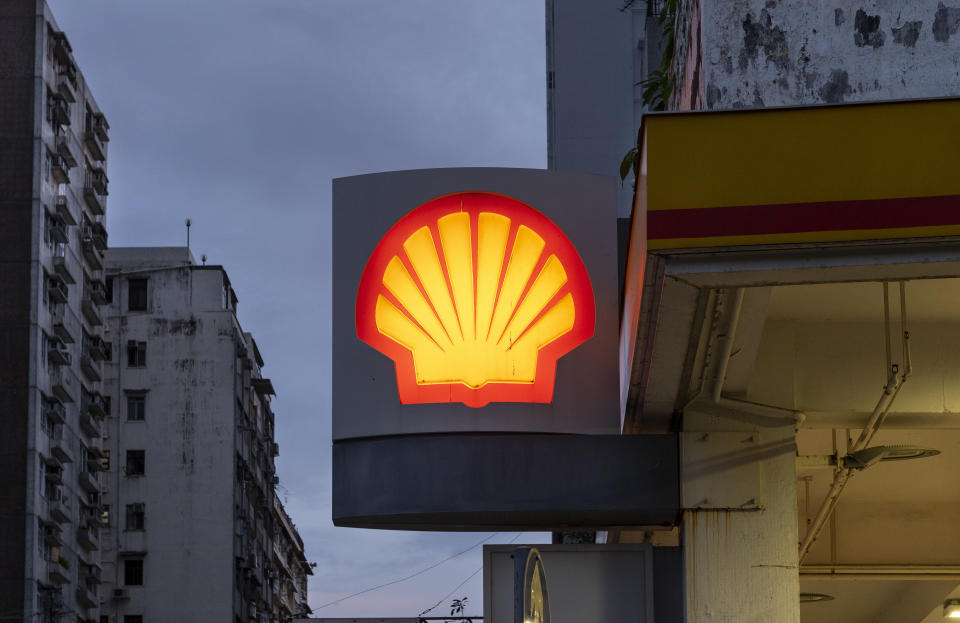COVID-19 causes seismic shift for Shell, L’Oréal, and Walmart in brand perception index

There has been a huge shift in perception of top companies since the coronavirus pandemic swept the globe, according to a new report.
The FutureBrand Index 2020 is a global study that reorders PwC’s Global Top 100 Companies by market cap by perception strength rather than financial strength.
It evaluates companies in terms of metrics such as “innovation” and “passion” to understand how they are perceived both internally and externally.
Top risers identified by the report this year were Royal Dutch Shell (RDSA.L), Roche (RHHBY), Oracle (ORCL), L’Oréal (OR.PA), and Walmart (WMT), while biggest fallers were Gilead Sciences (GILD), Warren Buffet-owned Berkshire Hathaway and China Life Insurance.
Consumer brands saw the most positive shift in perception, with L’Oréal, Netflix (NFLX) and Walmart showing how a proactive response to crises like the COVID-19 pandemic can boost a company’s image.
The perception is that these firms care about their clients and their staff and are able to give them what they want, according to the report.
The Index said: “According to our research, when it comes to an emotional connection with brands the consumer goods sector scores the highest – 29% of respondents said they felt passionate about these companies. Consumer services did well too with a passionate rating of 20%.”
READ MORE: Apple Asks UK Store Landlords to Halve Rent
The report put Shell’s positive perception down to “oil & gas brands are successfully persuading people of their necessity, innovation, and sustainability.”
Tech multinational Apple (AAPL) clinched the top spot this year, despite an unreliable and volatile landscape for many in the same industry.
American biopharmaceutical company Gilead (GILD) was the biggest faller since 2018, down to 74th place with Warren Buffett’s Berkshire Hathaway (BRKA), which suffered the second largest fall, which fell 54 slots in the ranking.
It appears that although tech brands are deemed to be innovative and, in many cases, indispensable in modern day life, they have lost their emotional connections with their customers.
Healthcare and pharma brands fared particularly well, as they are now seen as innovators, putting human needs first.
Since the last report in 2018 the index has lost, among others, 3M, Allianz, Boeing, British American Tobacco, Goldman Sachs, Siemens, and Volkswagen.
READ MORE: What TikTok talks with Microsoft mean for UK and London HQ
“The biggest link between the best performing companies in the index is that they’ve all shown a highly individual response to COVID-19 as well as other significant market and societal shifts,” said Jon Tipple, global chief strategy officer and FutureBrand.
“This means prioritising what their staff and customers need and want most and delivering with oodles of authentic personality even if it means breaking with category conventions and norms. While these traits were once a ‘nice-to-have,’ they are now crucial for corporate success,” he continued.
Correction: This piece was updated to reflect the correction that Gilead was the largest faller in the index since 2018, not Microsoft.

 Yahoo Finance
Yahoo Finance 